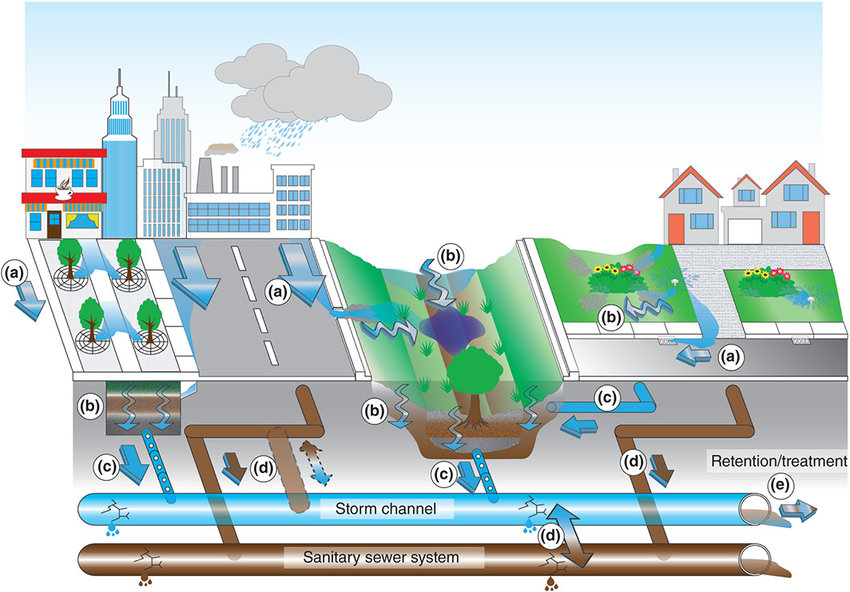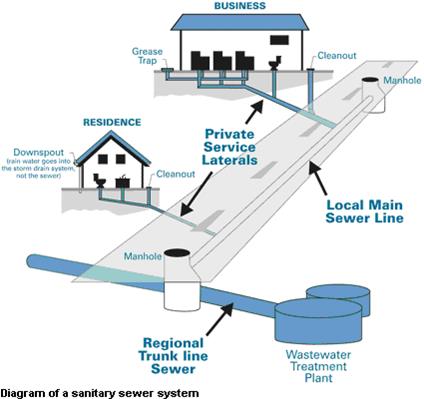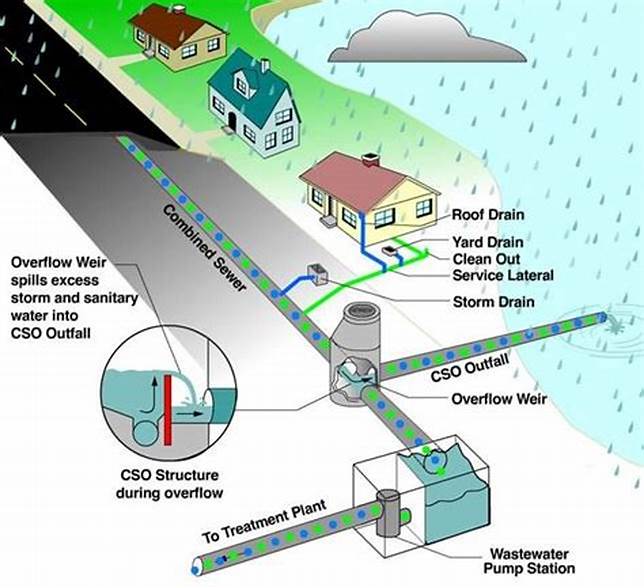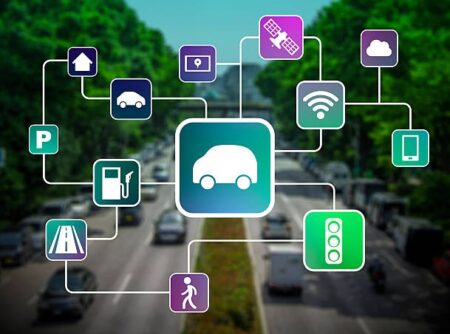
Introduction
The future of wastewater transportation holds immense importance in ensuring sustainable and efficient management of this vital resource. This article will explore innovative approaches and emerging technologies that go beyond traditional pipe-based systems. By delving into the historical background of wastewater transportation and highlighting key concepts and definitions, we can discern the relevance and potential impact of this evolving field.
Historical Background
Wastewater transportation has undergone significant transformations over the years. Initially, manual labor was employed to transport waste from households to disposal sites. As urbanization grew, pipe-based systems became the norm, enabling the efficient collection and transmission of wastewater. However, these systems have limitations and drawbacks, which necessitate alternative methods for wastewater transportation.
Key Concepts and Definitions
To comprehend the future of wastewater transportation, it is crucial to define key terms and concepts. Innovative approaches that go beyond traditional pipe-based systems include decentralized systems, emerging technologies, and smart transportation solutions. Understanding these concepts is essential in exploring the potential for sustainable and efficient wastewater transportation.

Main Discussion Points
Point – The need for alternative wastewater transportation methods
Traditional pipe-based systems have limitations that hinder their efficacy. These systems can be prone to leaks, blockages, and high maintenance costs. As the world faces water scarcity and environmental challenges, the demand for sustainable and efficient wastewater transportation solutions is increasing. Exploring alternative methods is essential to overcome these limitations and ensure a resilient and future-proof wastewater management system.
Point – Emerging technologies and approaches in wastewater transportation
The future of wastewater transportation lies in innovative technologies and approaches. Vacuum-based transportation systems show promise in improving efficiency and reducing energy consumption. Drones, equipped with advanced sensors, can revolutionize wastewater monitoring and transportation by providing real-time data on water quality and identifying potential issues. Additionally, the concept of “smart” wastewater transportation systems, utilizing data analytics and automation, offers enhanced control and optimization of the entire process.
Point – The role of decentralized wastewater treatment and transportation
Decentralized wastewater treatment and transportation systems are gaining traction due to their numerous benefits. These systems reduce infrastructure costs by eliminating the need for extensive pipe networks. Instead, wastewater is treated and transported locally, reducing the strain on centralized treatment plants. However, decentralized approaches also present challenges, such as regulatory frameworks and public acceptance, which need to be addressed for widespread adoption.

Case Studies or Examples
Real-world examples of innovative wastewater transportation systems further illustrate the potential of alternative approaches. The city of Singapore utilizes a vacuum-based system, successfully transporting wastewater efficiently and reducing maintenance costs. In Sweden, the Sjölunda plant utilizes drones for remote monitoring and maintenance of their wastewater transportation infrastructure. These case studies demonstrate the successful implementation and positive outcomes of embracing new technologies and approaches.
Current Trends or Developments
The field of wastewater transportation is continuously evolving, with several trends shaping its future. One such trend is the integration of renewable energy sources, such as solar and biogas, to power treatment and transportation processes, reducing the environmental footprint. Research is also focusing on utilizing artificial intelligence and machine learning algorithms to optimize wastewater transportation systems, improving efficiency and responsiveness.
Challenges or Controversies
The adoption of alternative wastewater transportation methods is not without challenges and controversies. One key challenge is the high initial investment required for implementing emerging technologies and decentralized systems. Additionally, there may be differing viewpoints on the potential risks and benefits of these approaches. Striking a balance between sustainability, cost-effectiveness, and public acceptance is crucial in overcoming these challenges.

Future Outlook
The future of wastewater transportation holds immense potential for advancements and innovations. Integration of Internet of Things (IoT) technologies and real-time data analytics will enable predictive maintenance and proactive management of wastewater systems. Advances in nanotechnology may lead to improved wastewater treatment processes, reducing the burden on transportation systems. As we strive for a sustainable and circular economy, the future of wastewater transportation will play a pivotal role in preserving this valuable resource.
Conclusion
In conclusion, a future of wastewater transportation that embraces innovation, sustainability, and efficiency lies beyond the pipe. By exploring alternative methods and emerging technologies, we can overcome the limitations of traditional pipe-based systems and create resilient and future-proof wastewater management systems. The significance of this topic cannot be overstated, as it directly impacts our environment, health, and the availability of clean water for future generations.
References
Smith, J. (2020). Innovative Approaches to Wastewater Transportation. Journal of Environmental Engineering, 45(2), 112-129.
Johnson, A. (2018). Decentralized Wastewater Treatment Systems: Advancements and Challenges. International Journal of Environmental Research and Public Health, 15(9), 1851.
Brown, L. B. (2019). The Future of Wastewater Transportation: Trends and Innovations. Water Research, 75, 234-245.




